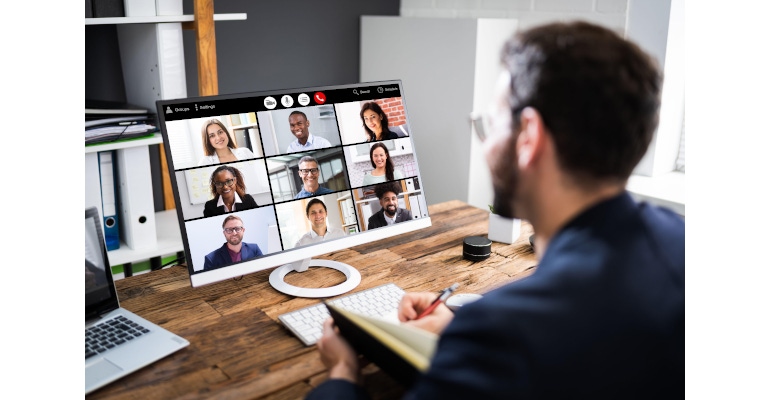Lessons Learned From Inspections and Audits During COVID-19
Digital document management can ease auditor requests during the pandemic and beyond.

It seems like every time we think we see a light at the end of the COVID-19 tunnel, another variant comes along. Regardless of what’s happening with the pandemic, medical device companies have to continue operating in a compliant state. In the U.S. that means working with FDA. The agency adapted quickly when it became clear that on-site inspections would become a rarity. Using a risk-based approach, it greatly reduced in-person interactions and increased other remote inspectional activities.
Even medical device companies that aren’t on FDA’s list still need to interact with customers and suppliers. Fortunately, whether a company is preparing for an inspection or an audit, the necessary tools for remote versions are largely the same.
FDA’s Remote Regulatory Assessments
FDA has approached the assessments of medical device and pharmaceutical companies differently during the pandemic because its authority isn’t the same for both. For pharma, FDA has the regulatory authority to mandate that a company share its records in advance of or in lieu of inspections. No such equivalent exists for medical device companies. That’s why FDA’s remote regulatory assessment (RRA) for medical device companies is voluntary.
Because it’s voluntary, refusal to participate won’t result in regulatory action nor is it considered refusing an inspection. There also won’t be a Form 483. If FDA does have any findings, the inspector will discuss them with the company during the closing meeting. Of course, based on what happens during the RRA, FDA may decide an on-site inspection is necessary, which could lead to inspectional observations. Refusal could also increase the likelihood of an unscheduled in-person inspection in the near term.
For firms that do participate in an RRA, the entire process depends on sharing documentation with FDA. Imagine pulling out all the documents you would share during a normal inspection, except now you have to scan and send them all. That’s either done via email or cloud file sharing. This is an extremely laborious process, but there are technologies available to make it easier.
Simplifying the Process
It’s possible to scan and send the documents to FDA. Many RRAs have been completed successfully with medical device companies doing that. It could be so much easier, though. For companies that use an electronic quality management system, documents are contained and managed in the system. That means every document FDA might request is already in an electronic format, saving companies hours of time spent searching for and scanning physical documents.
Even when on-site inspections can resume, FDA may continue RRAs and other remote inspectional activities. The new norm may very well be an RRA followed by an on-site inspection. Even if that isn’t the case, the argument for digital document management is persuasive without COVID considerations.
The last time you had an inspection, how much time was spent looking for documents? Once you found them, how long did it take to determine whether you were dealing with the most recent version? There’s no need to deal with paper-based systems. Document control software, with version control, makes retrieval as easy as a quick search because only the most up-to-date version is available.
Applications to Audits
Nothing strikes fear into the heart of a regulated company quite like FDA. However, that doesn’t mean customer or ISO certification audits are without their share of concerns. Many of the same frustrations apply. An auditor will be interested in many of the same documents and processes that an FDA inspector would be. The good news is that, unlike an inspection, it’s possible to make the entire audit process remote.
Exchanging documents remotely is pretty self-explanatory. But there are other aspects of an audit or inspection that are harder to do if the party in question can’t be there in person. FDA is conducting voluntary remote interactive evaluations (RIEs) with pharma companies. Part of the RIE involves a virtual tour of the facility, which is also a component of audits. If the facility has comprehensive WiFi coverage, a virtual tour is a good solution. However, this needs to be based on risk.
A medical device company’s past relationship with a supplier will determine how vigilant it needs to be in auditing remotely. Similarly, the customers of a medical device company may determine that an audit can wait if past audits have resulted in few or no findings. How much risk a company presents determines how much surveillance is warranted.
Conclusion
The COVID-19 pandemic has changed the way people interact with each other. This includes their professional interactions. Before the pandemic it was unusual to have an audit that was even partially remote. Now regulators are embracing the fact that some parts of an audit are better done remotely. It’s doubtful that FDA will ever embrace fully remote inspections, but private companies that need to audit their suppliers or be audited can use these techniques to make their process completely virtual.
About the Author(s)
You May Also Like

.png?width=300&auto=webp&quality=80&disable=upscale)
